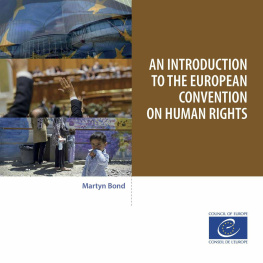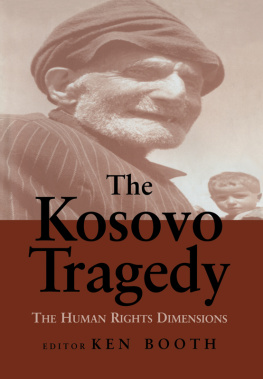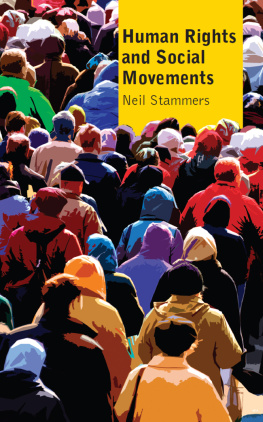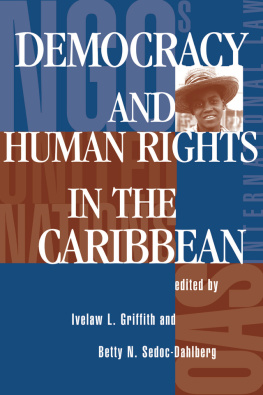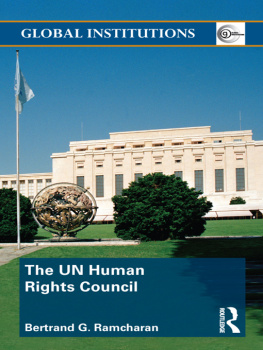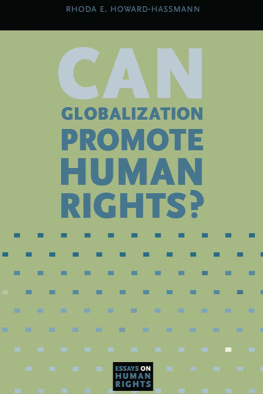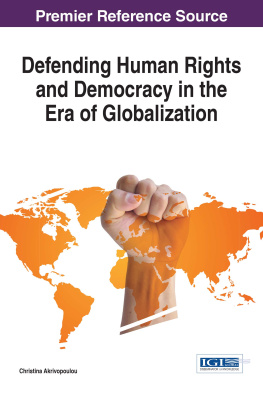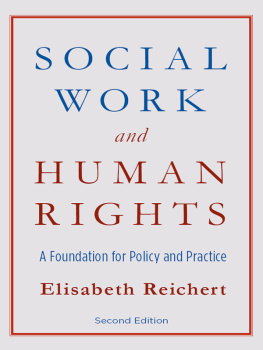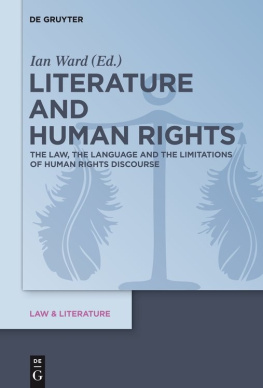RESISTING PUNITIVENESS IN EUROPE?
This volume provides an important and exciting contribution to the knowledge on punishment across Europe.
Over the past decade, punitiveness has been studied through analyses of increased or new forms of punishment in western countries. Comparative studies, on the other hand, have illustrated important differences in levels of punitiveness between these countries and tried to explain these differences by looking at risk and protective factors. Covering both quantitative and qualitative dimensions, this book focuses on mechanisms interacting with levels of punitiveness that seem to allow room for less punitive (political) choices, especially within a European context: social policies, human rights and a balanced approach to victims rights and public opinion in constitutional democracies.
The book is split into three sections:
- Punishment and Welfare. Chapters look into possible lessons to be learned from characteristics and developments in Scandinavian and some Continental European countries.
- Punishment and Human Rights. Contributions analyze how human rights in Europe can and do act as a shield against but sometimes also as a possible motor for criminalization and penalization.
- Punishment and Democracy. The increased political attention to victims rights and interests and to public opinion surveys in European democracies is discussed as a possible risk for enhanced levels of punitiveness in penal policies and evaluated against the background of research evidence about the wishes and expectations of victims of crime and the ambivalence and polycentric consistency of public opinion formations about crime and punishments.
This book will be a valuable addition to the literature in this field and will be of interest to students, scholars and policy officials across Europe and elsewhere.
Sonja Snacken is Professor of Criminology, Penology and Sociology of Law at the Vrije Universiteit Brussel and Research Fellow at the Straus Institute for the Advanced Study of Law and Justice at the New York University School of Law. She is a member of the Editorial board of Punishment and Society and Dviance et Socit, and President of the Council for Penological Cooperation of the Council of Europe.
Els Dumortier is Professor in Youth Criminology and Constitutional Criminal Law at the Vrije Universiteit Brussel. Her research focuses on questions concerning (the effectiveness of) childrens rights in the domain of juvenile justice, both in contemporary times and in the past (twentieth century).
RESISTING PUNITIVENESS IN EUROPE?
Welfare, human rights and democracy
Edited by Sonja Snacken and Els Dumortier
First published 2012
by Routledge
2 Park Square, Milton Park, Abingdon, Oxon, OX14 4RN
Simultaneously published in the USA and Canada
by Routledge
711 Third Avenue, New York, NY10017
Routledge is an imprint of the Taylor & Francis Group, an informa business
2012 Sonja Snacken and Els Dumortier, individual chapters, the contributors
The right of Sonja Snacken and Els Dumortier to be identified as authors of the editorial material, and of the authors of their individual chapters, has been asserted in accordance with sections 77 and 78 of the Copyright, Designs and Patents Act 1988.
All rights reserved. No part of this book may be reprinted or reproduced or utilised in any form or by any electronic, mechanical, or other means, now known or hereafter invented, including photocopying and recording, or in any information storage or retrieval system, without permission in writing from the publishers.
Trademark notice: Product or corporate names may be trademarks or registered trademarks, and are used only for identification and explanation without intent to infringe.
British Library Cataloguing in Publication Data
A catalogue record for this book is available from the British Library
Library of Congress Cataloguing in Publication Data
Resisting punitiveness in Europe : welfare, human rights, and democracy/
edited by Sonja Snacken and Els Dumortier.
p. cm.
1. Punishment--Europe. 2. Public welfare--Europe. 3. Human rights--Europe. 4. Democracy--Europe. I. Snacken, Sonja. II. Dumortier, Els.
HV7342.A62011 R47 2011
364.6094--dc22
2011006343
ISBN 978-0-415-67892-6 (hbk)
ISBN 978-0-415-67893-3 (pbk)
ISBN 978-0-203-80665-4 (ebk)
CONTENTS
Sonja Snacken and Els Dumortier
David Downes
Tapio Lappi-Seppl
Stein Kuhnle
Philippe Mary and Jacky Nagels
Els Dumortier, Serge Gutwirth, Sonja Snacken and Paul De Hert
Mikls Lvay
Franoise Tulkens
Nolle Languin and Christian-Nils Robert with Milena Abbiati and Mina Rauschenbach
Dan Kaminski
Ivo Aertsen
Kristof Verfaillie
Sonja Snacken
FIGURES
TABLES
Contributors
Milena Abbiati is a PhD psychologist. The theme underlying her research focus, which deals primarily with identity, violence, coping and social regulation, is the interest in the intersection of emotion and cognition as well as social behaviors. She worked at the Law Faculty in Geneva for the Law and Emotions project. She investigated how lay support and experience of the criminal justice system relate to the emotions and coping of victims of interpersonal violence. In particular, she studied to what extent these to factors could help victims recovery with the purpose to constitute a set of guiding rules concerning how best to interact with and support different kinds of victim, with a particular focus on violence against women. She is Chief of Research at the Sex Crime Unit at the Psychiatric State Lausanne Hospital, Switzerland.
Ivo Aertsen is Professor of Criminology at the KU Leuven (Belgium). He holds degrees of psychology and law from the same university. His main fields of research and teaching are Victimology, Penology and Restorative Justice. Within the Leuven Institute of Criminology, he coordinates the Research Line on Restorative Justice. Dr Aertsen has been chair of the European Forum for Restorative Justice from 2000 to 2004, and has coordinated COST Action A21 on Restorative Justice research in Europe from 2002 to 2006. He is an editorial board member of several journals and is involved in various practice- and policy-oriented partnerships, at both national and international level.
Paul De Hert is an international human rights expert. The bulk of his work is devoted, but not limited, to criminal law and technology and privacy law. He is Professor at the Vrije Univesiteit Brussel, where he teaches and has taught several courses in the area of Criminal Law, International and European Criminal Law, Human Rights, Legal Theory and Constitutional Criminal Law. He is Director of the VUB Research Group on Fundamental Rights and Constitutionalism (FRC), Director of the Department of Interdisciplinary Studies of Law (Metajuridics) and core member of the research group Law, Science, Technology and Society (LSTS). He is an associate professor at Tilburg University where he teaches Privacy and Data Protection. He is a member of the editorial boards of several national and international scientific journals such as the Inter-American and European Human Rights Journal (Intersentia), Criminal Law and Philosophy (Springer) and


